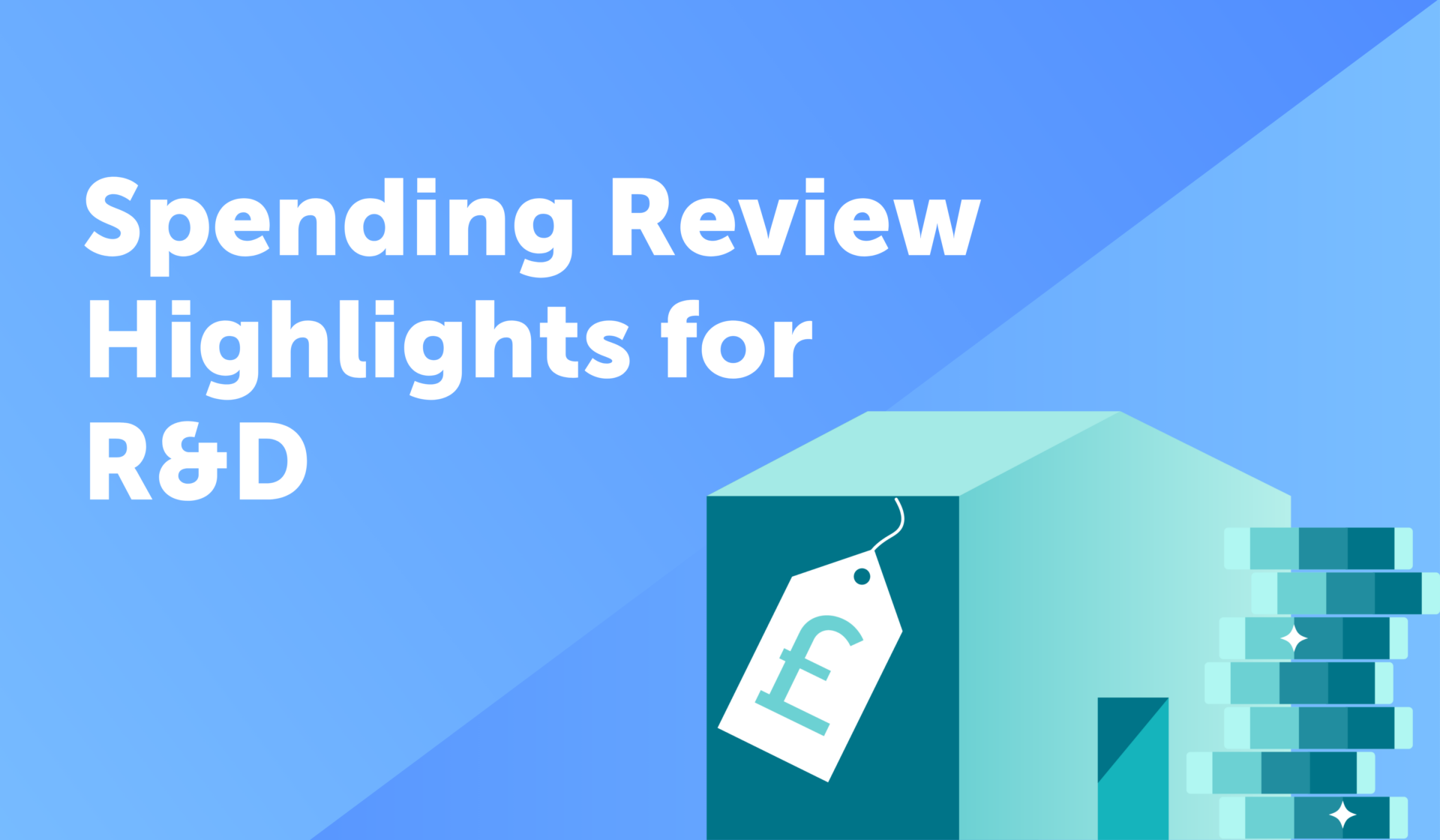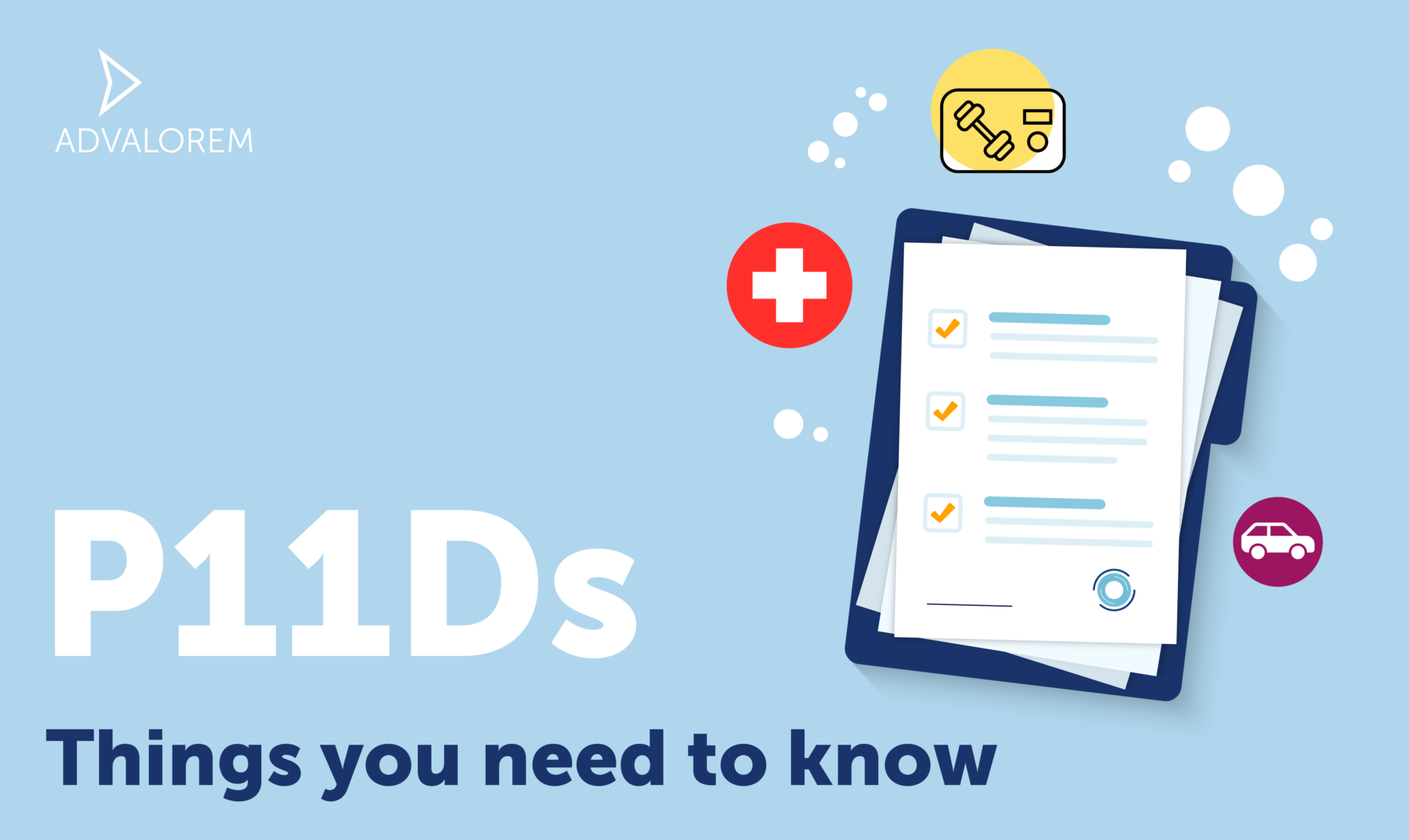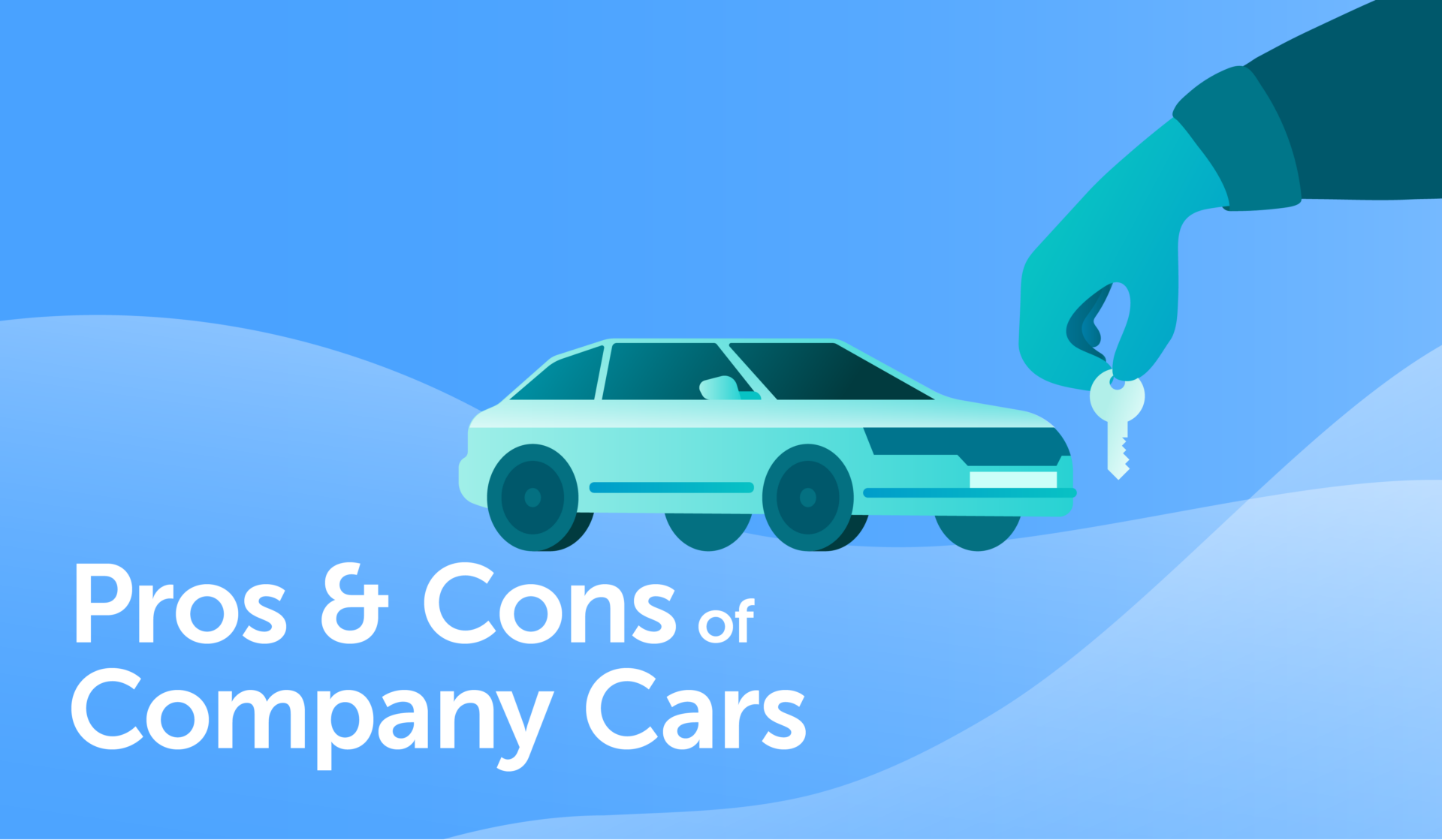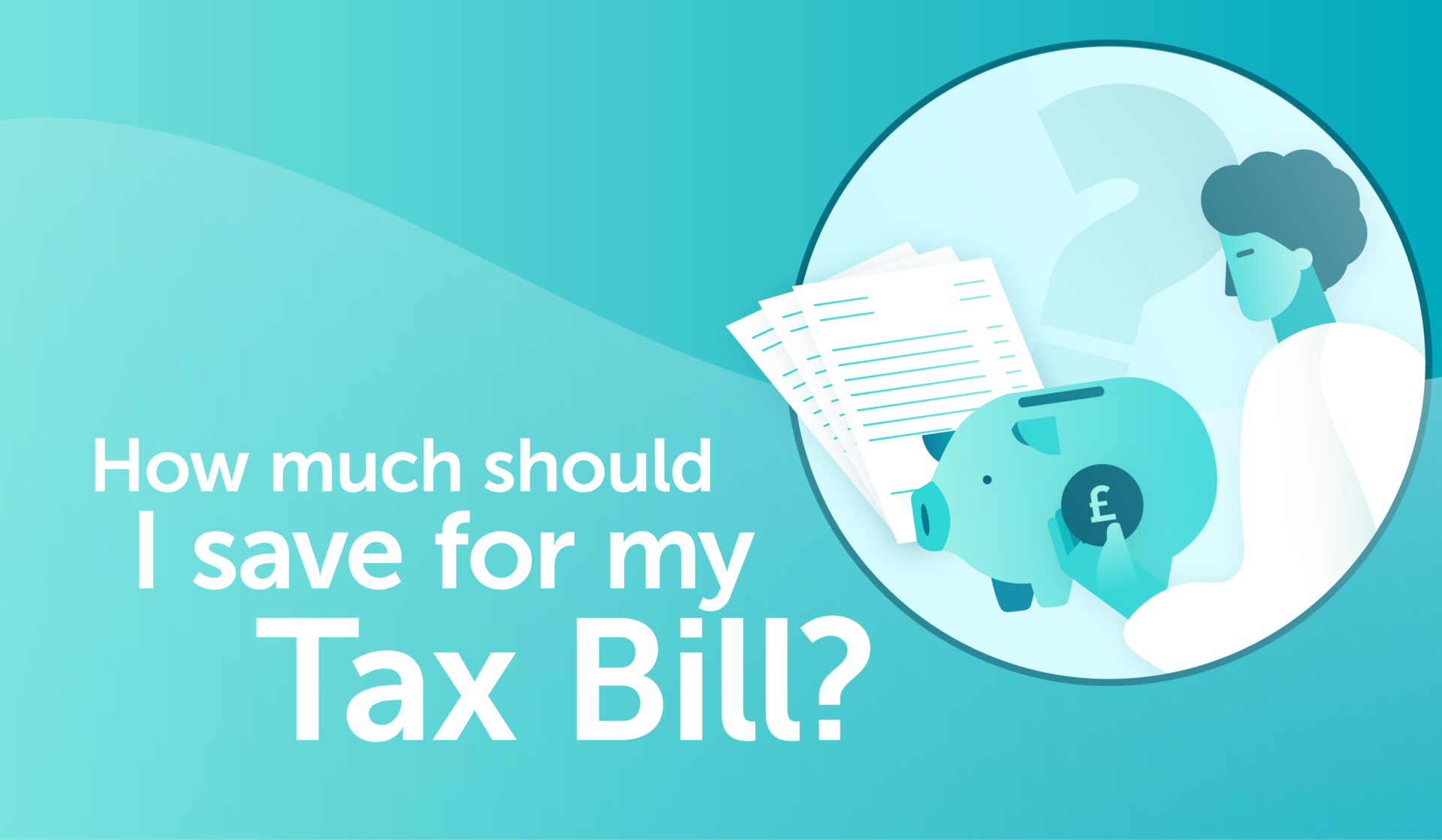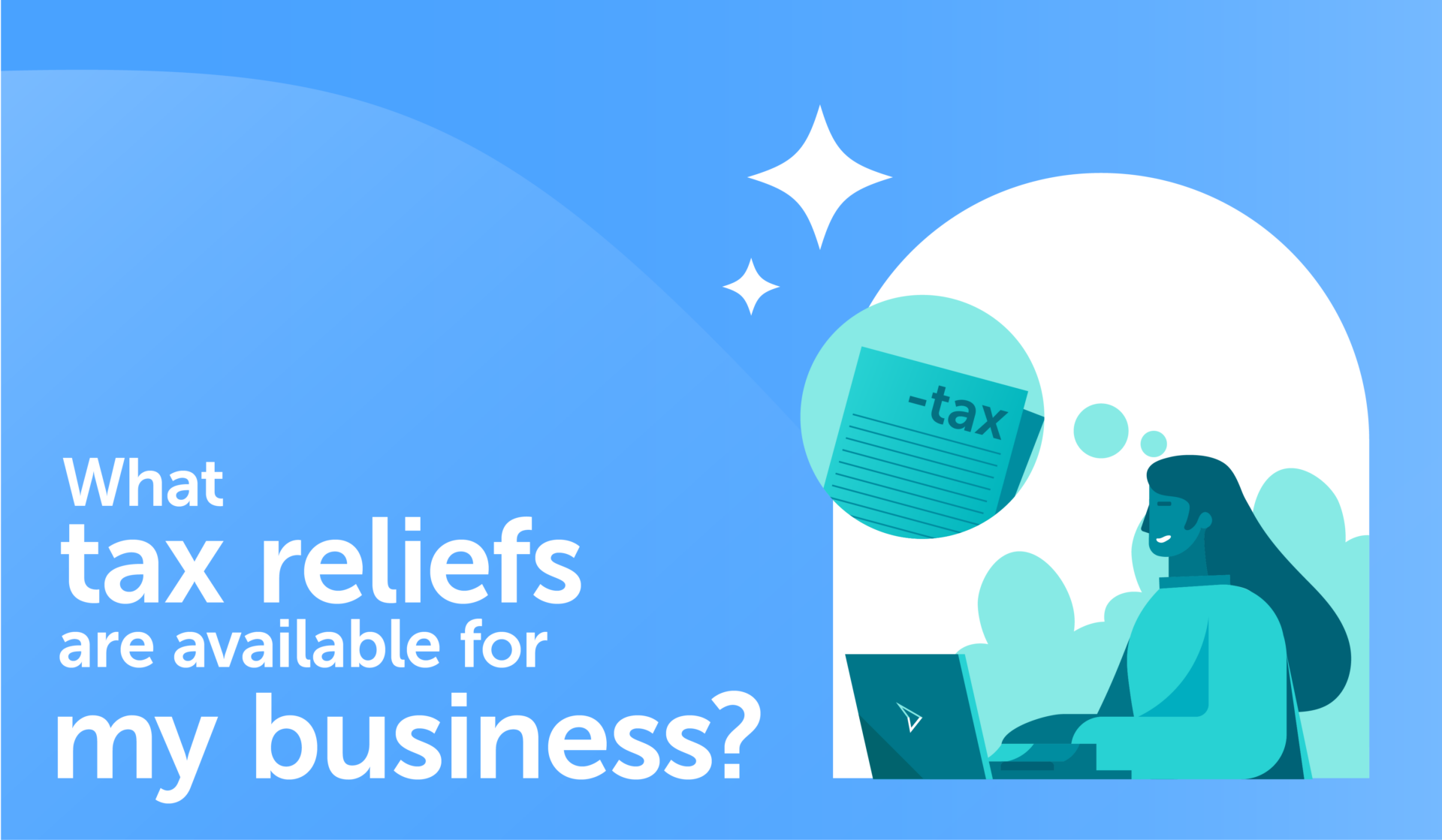
A guide to Director’s Loans
As a director of a company, it’s important to understand the concept of a director’s loan, so you know whether you are in debit or credit and if there is any tax implication as a result of your loan.
What is a Director’s Loan?
There are two ways of looking at a director’s loan.
- Lending to your company (In Credit)– This could be to help with start-up costs, cover a cashflow hole, or those times where you’ve paid for some company expense on your personal card.
- Borrowing from your company (In Debit) – Money that you take from your company which is not classed as either a salary, dividend, company expense, or repayment of a loan you have previously made.
There are a number of tax considerations that you need to be aware of on Directors Loan that are in credit, the mains ones being BIK on the loan if no interest is charges and an additional S455 corporation tax charge. These are further explained below.
As with any business transactions you must keep accurate a sufficient records of any loans made to or from the business and these must be reported in the accounts through the Directors Loan Account (DLA), there are also additional notes required in the accounts if the DLA is in debit.
What is a Director’s Loan Account (DLA)?
A director’s loan account, commonly referred to as a DLA, is where you keep track of all the money you’ve lent and/or borrowed from your company, it is effectively a statement of account between the directors and the business. Each director will have a separate DLA, whether they use it or not
Where you have lent money to your company (DLA in credit), there are no detrimental tax implications, and you may also want to consider charging the company interest on your DLA balance.
If you have borrowed more than you have lent, then your DLA is classed as overdrawn or in debit. There are additional tax implications and reporting requirements on overdrawn DLA balances.
Key points when borrowing from your company:
It might sound appealing to borrow money from your company, but be warned, there are risks and potential tax consequences if this borrowing is not managed carefully.
When borrowing from your company,the company can decide what interest rate to charge on the loan. If the loan is less than £10,000 then there is no BIK implications regardless of whether interest is charged or not. If the Loan exceeds £10,000 then there is a potential BIK if the interest rate charged is lower than the official rate (currently 2.25% for Apr 2024 to Mar 2025).
There are two methods of calculating the BIK:
- Average Method – The loan balance at the start and end of the tax year is averaged, and the official rate of interest is applied.
- Alternative Method – Interest is calculated on a daily basis on the exact loan amounts outstanding throughout the year, using the official rate of interest.
By default the average method is used unless the tax payer elects to use the alternative method, the BIK is the difference between the calculated interest and the amount paid.
The second tax to consider on overdrawn DLA’s is section 455 tax (S455), this is a holding tax paid by the company alongside its corporation tax liability and is refundable to the company once the DLA has been repaid in part or full. The tax rate used for S455 is in line with the higher rate of dividend tax (currently 33.75%).
S455 tax is payable when an overdrawn loan account is not repaid to the company within 9 months and a day of the accounting period and there is no lower limit on this, any overdrawn DLA not repaid is subject to S455 tax.
Once you’ve re-paid what you’ve borrowed from your company, you must wait at least 30 days before you take out another loan, any amounts taken within the 30 day period will be treated as the same loan and therefore could trigger an S455 tax charge if not repaid within 9 months and a day of the original accounting period.
Borrowing money from your company should be done with caution and taking advice from your accountant.
It’s common to see monies drawn out of a company by a director/shareholder as dividends, monthly or annually. However, dividends can only be made if there is sufficient distributable reserves (retained earnings) in the company. Therefore, on occasion, if monies drawn exceeds allowable dividends, then they will likely be treated as a loan and the DLA could become overdrawn.
Key points when lending to your company:
Lending your company money is much less complex than borrowing from your company. It’s most commonly done in the start-up phase, or to cover a gap in the cashflow.
Another very common example of crediting your DLA is when you make a purchase of goods/services on behalf of the company from your personal account or credit card.
It is possible to charge interest on money you lend to your company, If you do this you will need to use a market rate of interest to ensure there is no Benefit In Kind (BIK) implications, you will be tax personally on the interest received above your tax free amount (which is dependent on which rate of tax you pay) and the business will need to withhold 20% of the interest payable and report this quarterly to HMRC via a CT61 form. Most of the time the additional reporting requirements outweigh the benefit to directors on smaller loans.
If you have any questions regarding directors loans, please contact us on the details below.
(E) enquiries@advaloremgroup.uk (T) 01908 219100 (W) advaloremgroup.uk

